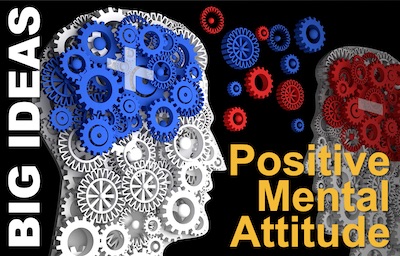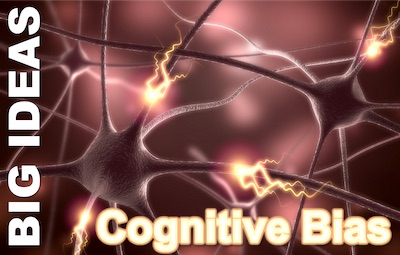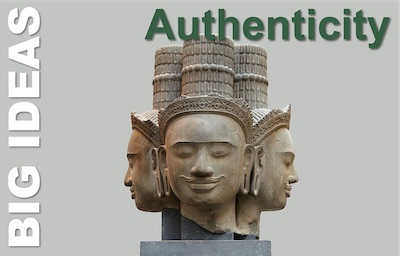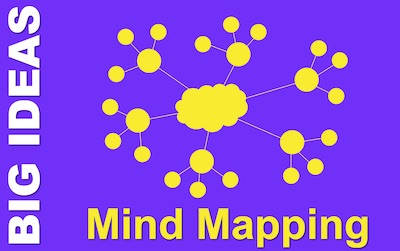
 Positive Mental Attitude is a staple of the self-help movement. But don’t get the wrong idea. It’s not about false faith or miracle cures.
Positive Mental Attitude is a staple of the self-help movement. But don’t get the wrong idea. It’s not about false faith or miracle cures.
Instead, it’s about exercising the most fundamental freedom you have: to choose how to respond to your situation. Positive Mental Attitude is a choice that opens up more options for you.
And that’s why it works for so many people. Because, with more options, you have more chances of getting what you want.











